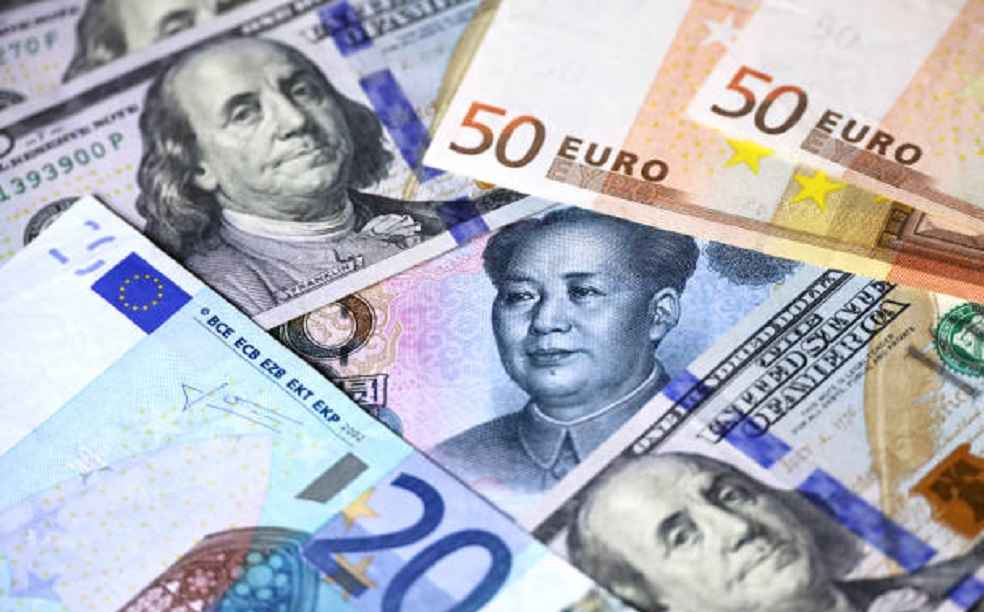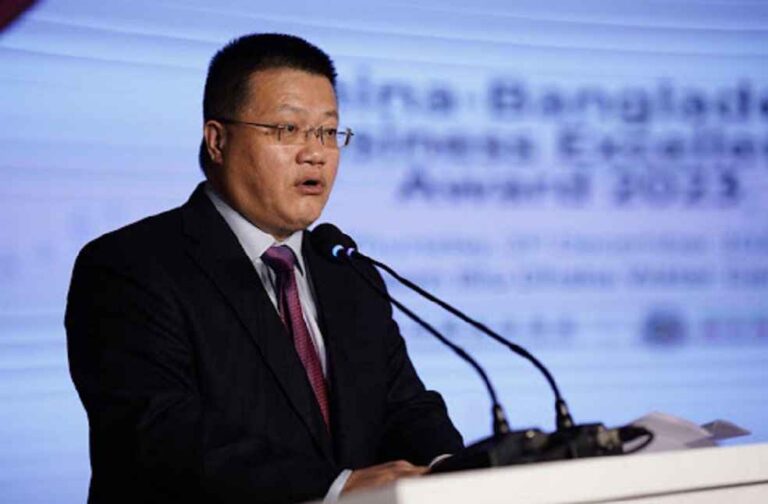China has launched an innovative proposal to conduct business dealings with Bangladesh using their respective national currencies, a move poised to challenge the US dollar’s hegemony in global trade. This revelation emerged from the Chinese Ambassador to Bangladesh Yao Wen, following a dialogue with Bangladesh’s Planning Minister Abdus Salam in Dhaka.
Ambassador Wen underscored the global challenges stemming from erratic dollar rates, attributing these fluctuations to the monetary policies of the United States. This scenario, he noted, impacts not only China and Bangladesh but also other developing countries within the Global South. The ambassador’s proposition mirrors China’s strategic initiative to diminish the US dollar’s dominance in international commerce.
As the world’s second-largest economy, China has progressively engaged in trade using its currency, the yuan, with various nations. This move aligns with China’s longstanding objective to bolster the yuan’s usage in global business transactions.

Ambassador Wen’s statement, “Maybe one of the ways is to use our own currencies. We approached and are engaging with Bangladesh to see what we can do together to use more of our own currencies instead of the US dollar.” Bangladesh has already embarked on similar endeavors, having initiated trade transactions with India using the Bangladeshi taka and Indian rupee the previous year, albeit on a limited scale.
The dialogue with Minister Salam also encompassed potential collaboration areas between China’s National Development and Reform Commission (NDRC) and the Bangladesh Planning Commission. Ambassador Wen highlighted the synergy between China’s 14th Five Year Plan and Bangladesh’s 8th Five Year Plan, suggesting considerable potential for shared expertise and collaborative efforts in macroeconomic and development cooperation.

Minister Salam characterized the meeting as a courtesy call, with a focus on cooperation in future development plans. He reassured that the recent dip in China’s fund disbursement for development projects in Bangladesh would not impede the robust bilateral relations between the two countries, suggesting the resolution of any minor issues through discussion.
China’s proposal marks a pivotal shift in international trade dynamics, signaling a move towards enhanced economic collaboration and autonomy from the US dollar among developing nations. If actualized, this could lead to a significant transformation in the global economic landscape, particularly in the Asia-Pacific region.
DON’T MISS | Biden-Harris Boosts Global Market for U.S. Specialty Crops with Key Investments



